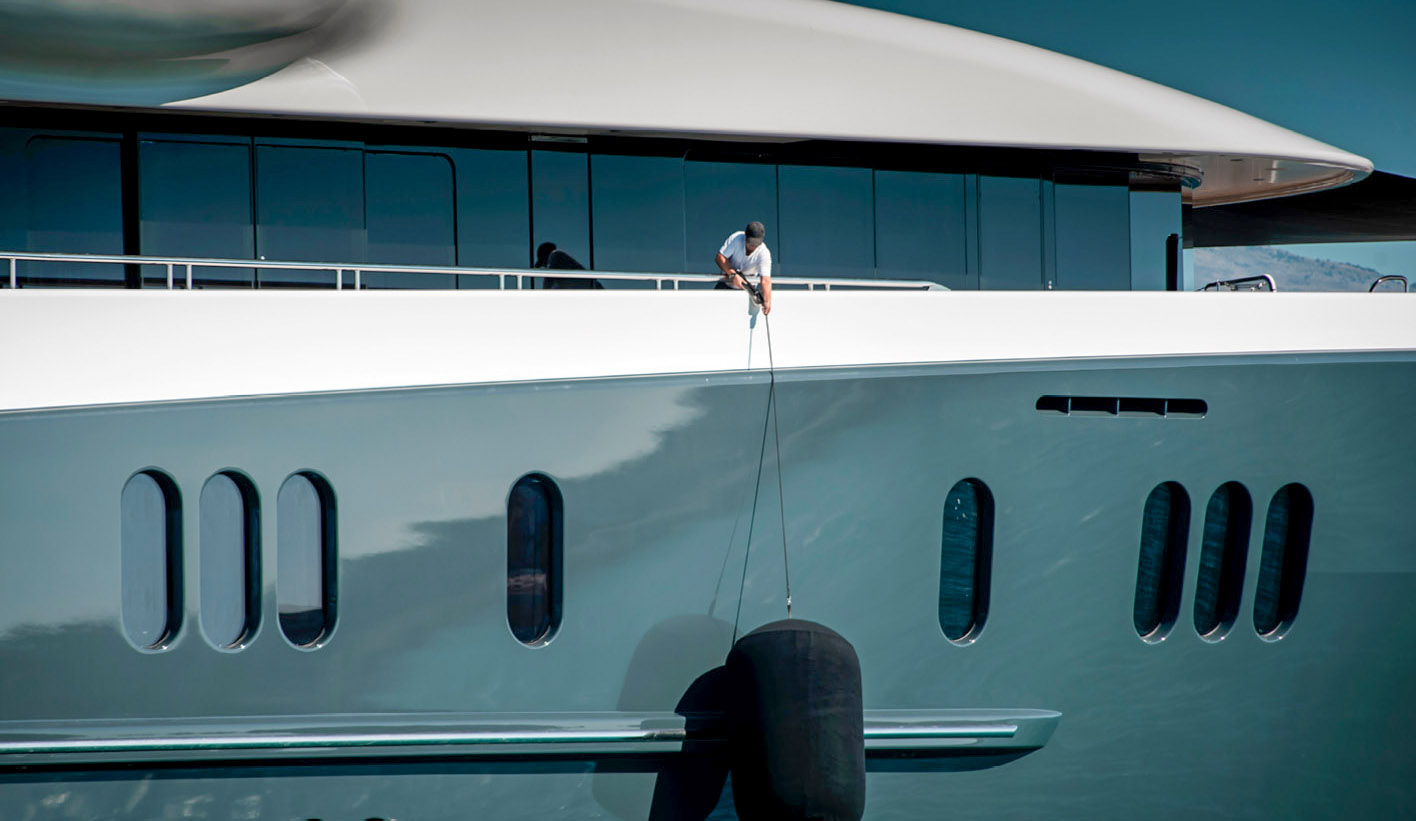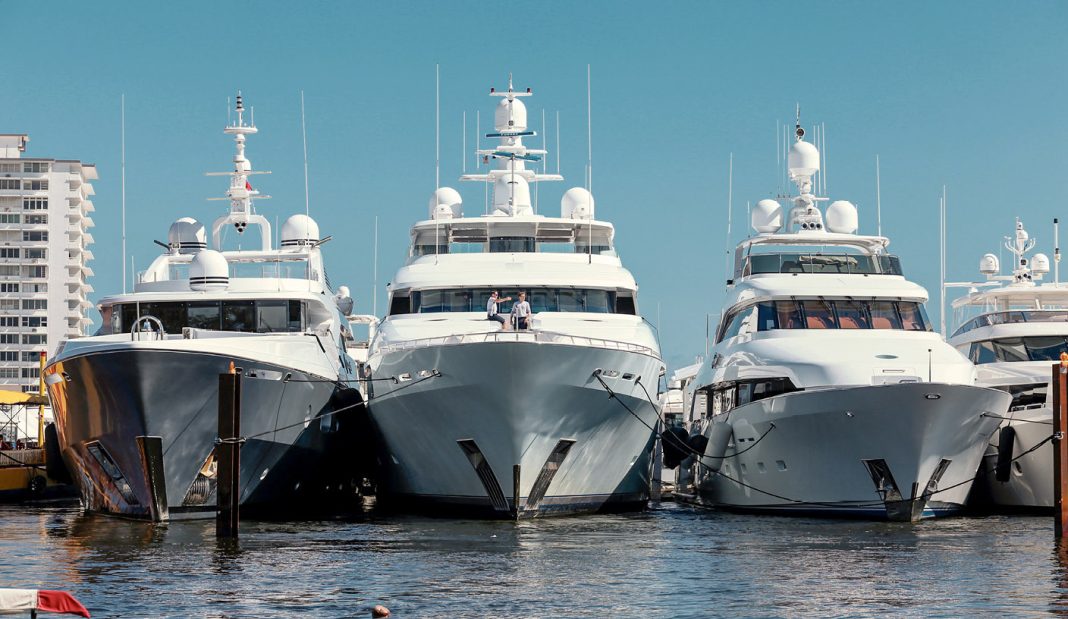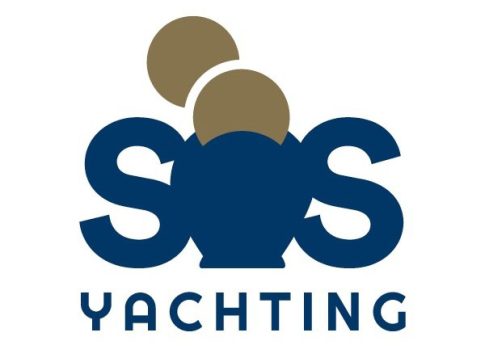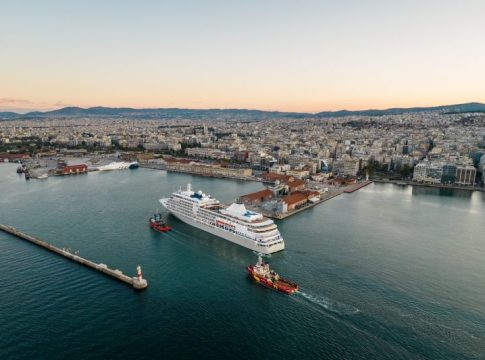What a nice topic to talk about! Always interesting, rejuvenating and informative. Yet, at the same time so complex and difficult to explain. Where to start?
People love training and the majority of people-young or old, age is irrelevant to training- believe that it’s nice to learn new things and upgrade one’s skills.
The number of new schools, seminars and certification systems that have sprung up lately in the industry is so big that, even trying to understand which school complies with which flag, what type of yacht, what type of engine or what gross tonnage will make you your head spin.
Regarding the Greek-flagged yachts, Greece recognizes crew certificates from many countries as long as they comply with the STCW standard of training for Officers, Bridge, Engine and Deck. Greece is one of the strictest countries in terms of nautical education and diplomas so we don’t recognize certificates like RYA’s yacht master. As a result, a seafarer holding one such diploma cannot master a Greek-flagged yacht, but can work on UK or Malta or Marshall and all flag states that have recognized and accepted RYA’s yachtmaster.
Interior crew training is different, since the Greek flag state doesn’t require a lot from stewards -it’s mostly about food safety and standard safety which is essential for all seafarers. Greece actually provides free public training and certificates for stews. The educational system, though, is too old and needs upgrading. Private training centres have come to fill this gap, but the training centres open and close every year. They open because they see the lack of training centres as a business opportunity, and they close because they experience many problems with very few students and companies not willing to pay for their crew training, while at the same time they need to cover more expenses for the training centre. They simply can’t keep going with only the seasonal seminars that take place only during winter (off yachting season), combined with the small number of students in each class, due to programme regulations (eg GUEST for stews allows a maximum of 8 students per class).

The government wishes to upgrade the public training centres and this would be the best solution, since it would be free of charge for the crew. However, these things usually move very slowly and we haven’t seen any improvement.
In my life I have experienced a lot of skepticism when the discussion centres on crew training, especially in Greece. Owners and managers see training only as an expense and not as an investment. They hesitate to spend any money on training their crew with the usual excuse that the crew may leave their yacht in the future while they will have paid for their training. So they want their crew to pay for their own training expenses (which is not 100% wrong). However, especially for beginners and newcomers to the industry, the cost seems high.
In the case of Greece we should keep in mind that 8 out of 10 owners are shipowners. These same owners who pay huge amounts of money to train the maritime crew of their shipping companies, act totally differently when it comes to their yachts. They seem to hardly care about the image of their yacht or the safety of the yacht they use for cruising with family and friends. Seems crazy, but it is true in most of the cases.
Crew training is not just about certifications and being able to captain a yacht or drive a jet ski. It’s also about the safety of the yacht, the crew and the guests, their well-being, yacht maintenance, working conditions onboard and even crew welfare coming from heads of departments trained in leadership and not only captains.

Over the last 10 years I’ve had hundreds of discussions trying to convince owners, managers and every person in the yachting industry about the importance of training and its advantages, the profits to be gained, the dangers of the lack of training and the reasons why at least a fraction of a yacht’s budget should be spent on crew training.
So, if you ask me why this happens, I will answer that, unfortunately, the generation of owners and managers is too old; too old school as far as managing and operating a yacht is concerned.
We can see the change coming slowly, and it’s happening not because the old guard have changed their mind, but because the new generation is taking over. All we need is those young people to be brave enough to make such decisions.
I’ve had these two lines printed in the crew mess since 2012
CFO: What happens if we train them and they leave?
CEO: What happens if we don’t and they stay?

*Apostolos Korakas, Deputy Secretary General of HYCA (Hellenic Yacht Crew Association

Article was first published at Skipper OnDeck magazine issue 68!






